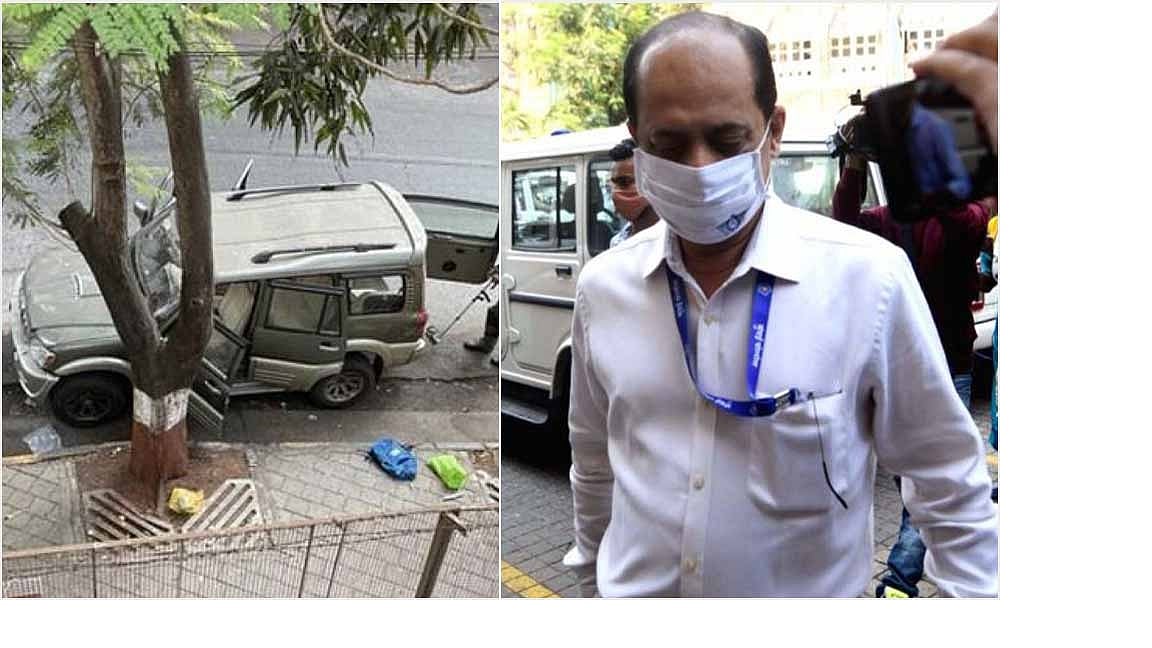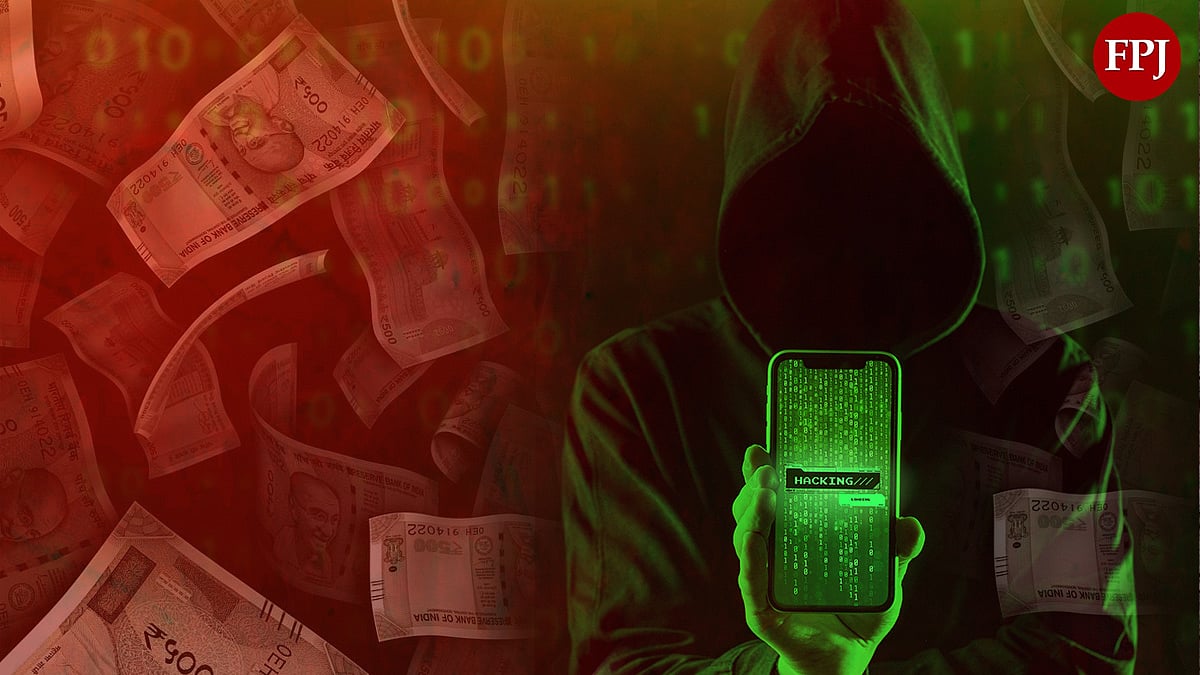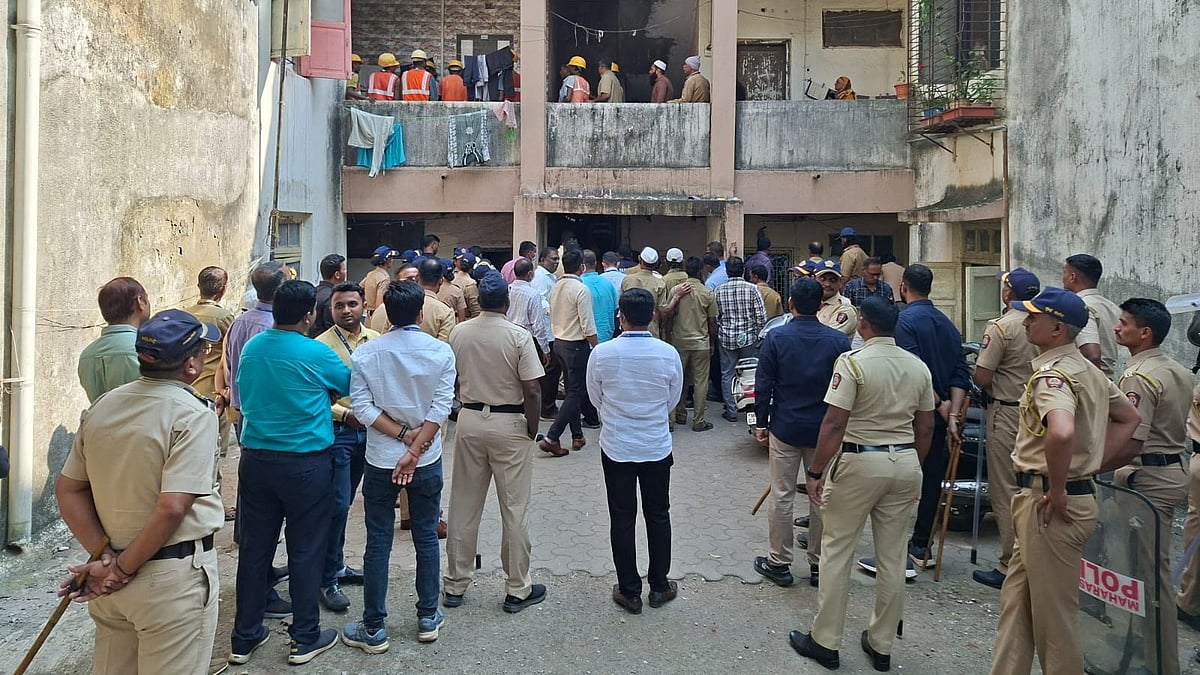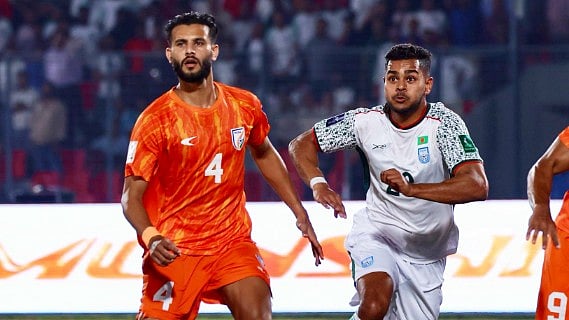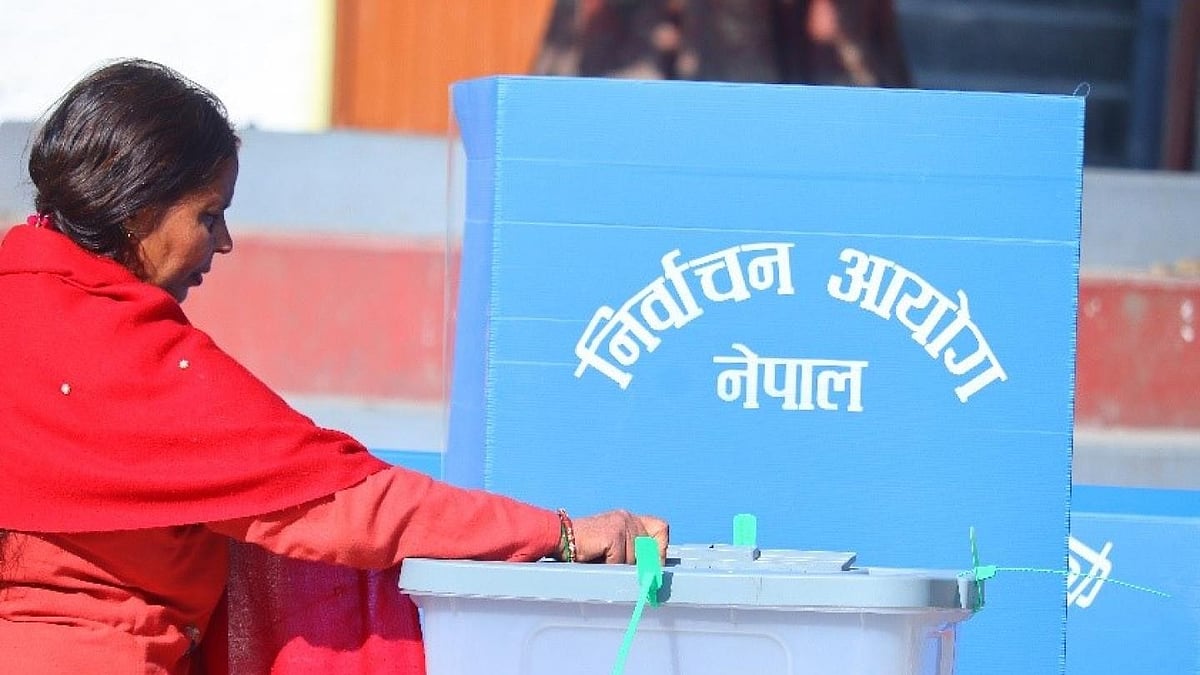The provisions of the Bombay Police Act, 1951 (renamed as the Maharashtra Police Act,1951) and the Indian Police Act, 1861 (IPA) were flouted by allowing API Sachin Vaze to rejoin the Mumbai Police despite his facing a criminal trial and by his being allowed to remain a director in private investigative agencies which he had floated. The IPA clearly states policemen cannot earn money from private sources while being government employees.
Even though he was a lowly assistant police inspector, Vaze reported directly to the police chief, bypassing his superiors. Param Bir Singh allowed Vaze to probe the gelatin sticks-laden Scorpio parked outside Antilia even though Vaze and Mansukh Hiran were good friends. Vaze and Singh were both dumped by their political masters because they junked the law contained in the two police Acts. Most “encounter specialists” are allegedly criminals-in-uniform, which emerged when Meera Borwankar sent them back to their police stations because extortion cases rose when they were around.
Violations of the law
The old Bombay Police Act has just 168 sections which are in force in Maharashtra because unless the government notifies the Central law, it cannot override the state law. Another violation of the law is the use of police vehicles for private work. The Innova that tailed the Scorpio was used with criminal intent. By summoning the CDR data of his own housing society, Sachin Vaze abused his post to destroy evidence of the Scorpio parked outside.
Superintendents of Police are subordinate to district magistrates who rarely seek transfer of police officers like Vaze and his ilk. Hence, the aim and object of all these laws are thwarted when these district magistrates do not probe the so-called ‘encounters’ like that of software engineer Khwaja Yunus who died in police custody—Vaze’s custody. Magistrates, like policemen, appease the government.
Constitution mocked
And so, Sachin Vaze mocked the Constitution when after a review, Param Bir Singh, with the home secretary, allowed Vaze to rejoin as head of the sensitive crime intelligence unit under the ruse of being under-staffed. These so-called ‘encounter specialists’ are worshipped by the people influenced by rigged biopics made while they are still in service. The state government looks the other way because venal politicians need policemen like Vaze, with 63 killings under his belt. After allegedly disposing of Khwaja Yunus, Mansukh Hiran could also be disposed of, with evidence such as CDR and his mobile.
The story doing the rounds is some of these ‘encounter specialists’ were into the sale of narcotics and would have been dismissed from Mumbai Police had they not agreed to bump off some gangsters who knew too much to live. This is why we need a new law to ensure only the courts can supervise crime investigation, without chief ministers compelling police commissioners to do their bidding.
Crime syndicates
Several reports like the 1993 Vohra Committee Report, the Justice J S Verma Committee, and the 170th Law Commission of India have admitted those with criminal backgrounds could win elections. This is why political parties give them tickets. The 2002 report of the National Commission to Review the Working of the Constitution (NCRWC) and the Vohra Committee report said bureaucrats, politicians, policemen and journalists all comprised crime syndicates, with each playing a vital role.
The NCRWC report in 2002 said criminals were elected as lawmakers and ministers because money and muscle power with ethnicity or other markers of the candidate eclipsed his criminal records. As electoral politics is fuelled by black money, political parties spent roughly $3 billion on campaign expenditures in the 2009 general elections. Business tycoons fund political parties which form the government and repay the tycoons and some MLAs who defect to the ruling party with crores of rupees and the loyalties of their caste and community.
A candidate with a criminal record can prove beneficial to political parties because he ensures greater inflow of money and policemen like Sachin Vaze in Mumbai, deputy superintendent of police Kiran Poduwal in Goa who allegedly acted at the behest of Porvorim MLA Rohan Khaunte known to be close to alleged narcotics dealer Shailesh Shetty and gangster Zenito Cardozo and UP gangster Vikas Dubey who was killed on July 10, 2020, even after surrendering to the MP police because he knew he would be killed in an ‘encounter’ in his home state. The nexus between the police, criminals and politicians can never be broken.
Same old story
The Law Commission of India, in its 170th report stated: “It is these (same) Political Parties that form the Government, run Parliament and the country. This is why we have to introduce financial transparency and accountability in the working of these Political Parties which do not respect democratic principles in their internal working. They cannot be expected to respect those principles when they govern the country.”
So, there you have it. Most political parties in nearly all states are funded by criminals who are protected by the police who in turn owe their survival to the home minister and the chief minister, reducing police commissioners like Param Bir Singh to puppets. The story is the same in all states. There are Constitutional provisions which accord rights and obligations to these political parties which need gangsters like UP’s Vikas Dubey or Goa’s Shailesh Shetty or Sachin Vaze. So ‘encounter specialists’ like Pradeep Sharma and Sachin Vaze join the police force to become billionaires after killing millionaire-gangsters to contest elections. And if they lose, they rejoin Mumbai Police.
The NCRWC recommended a separate law to regulate the internal affairs of political parties to break the crime-politics nexus. It opined that if convicted for a heinous crime, both the political party and its legislator should be derecognised. That is a chimera because MLAs and MPs with criminal links continue to hold top posts within their parties even after being disqualified on specific grounds. Like Laloo Prasad Yadav who continues as the Rashtriya Janata Dal chief while in jail.
Until we wait for the second chapter of the Sachin Vaze saga to unfold, we must think of amending laws allowing ministers to interfere in police investigations.
The writer holds a PhD in law and is a senior journalist-cum-lawyer of the Bombay high court.
